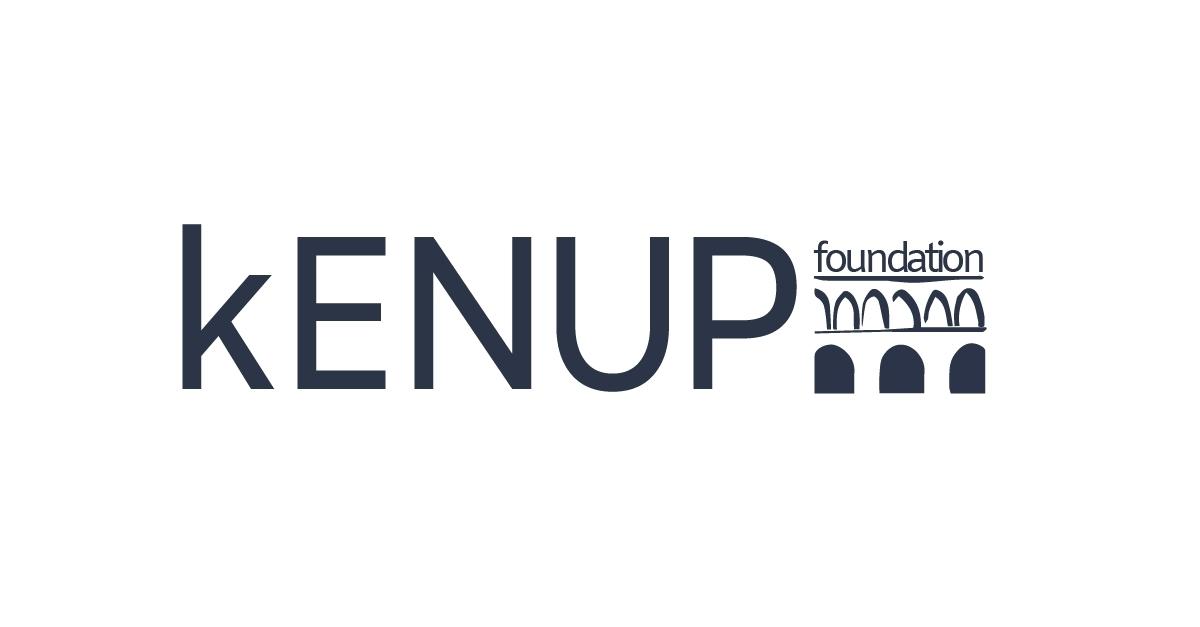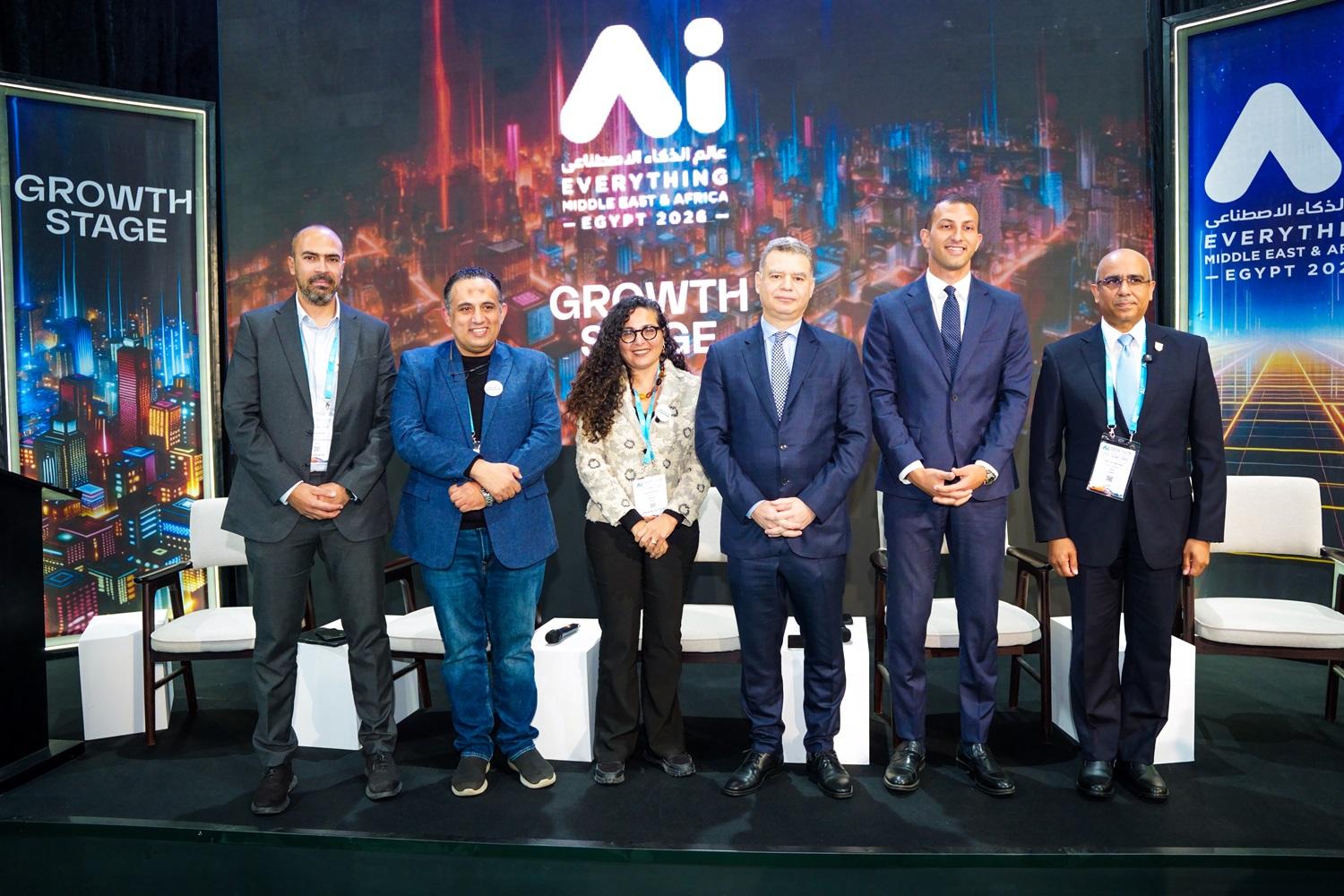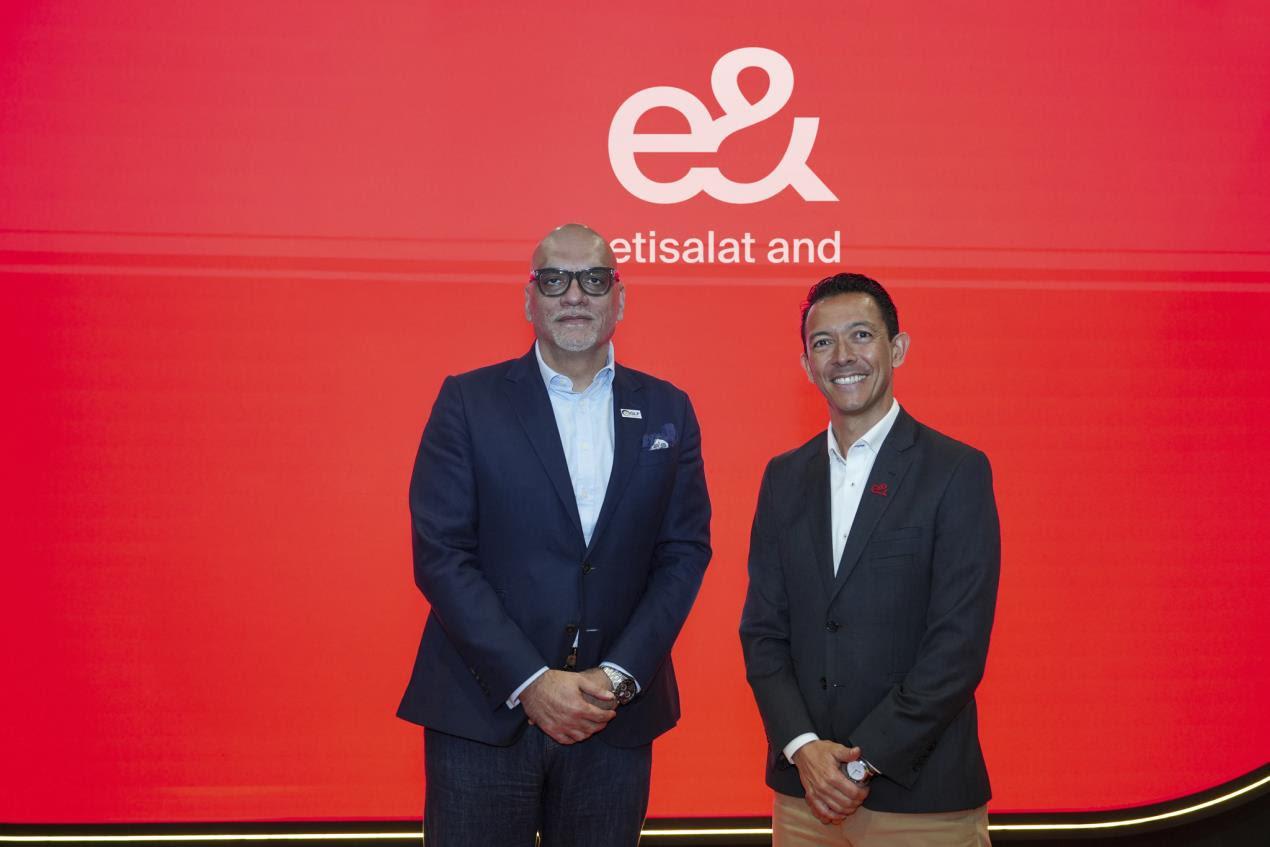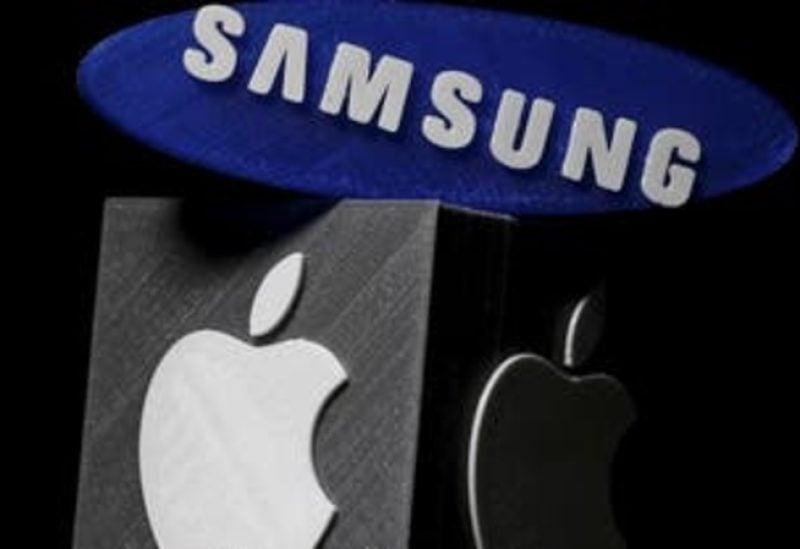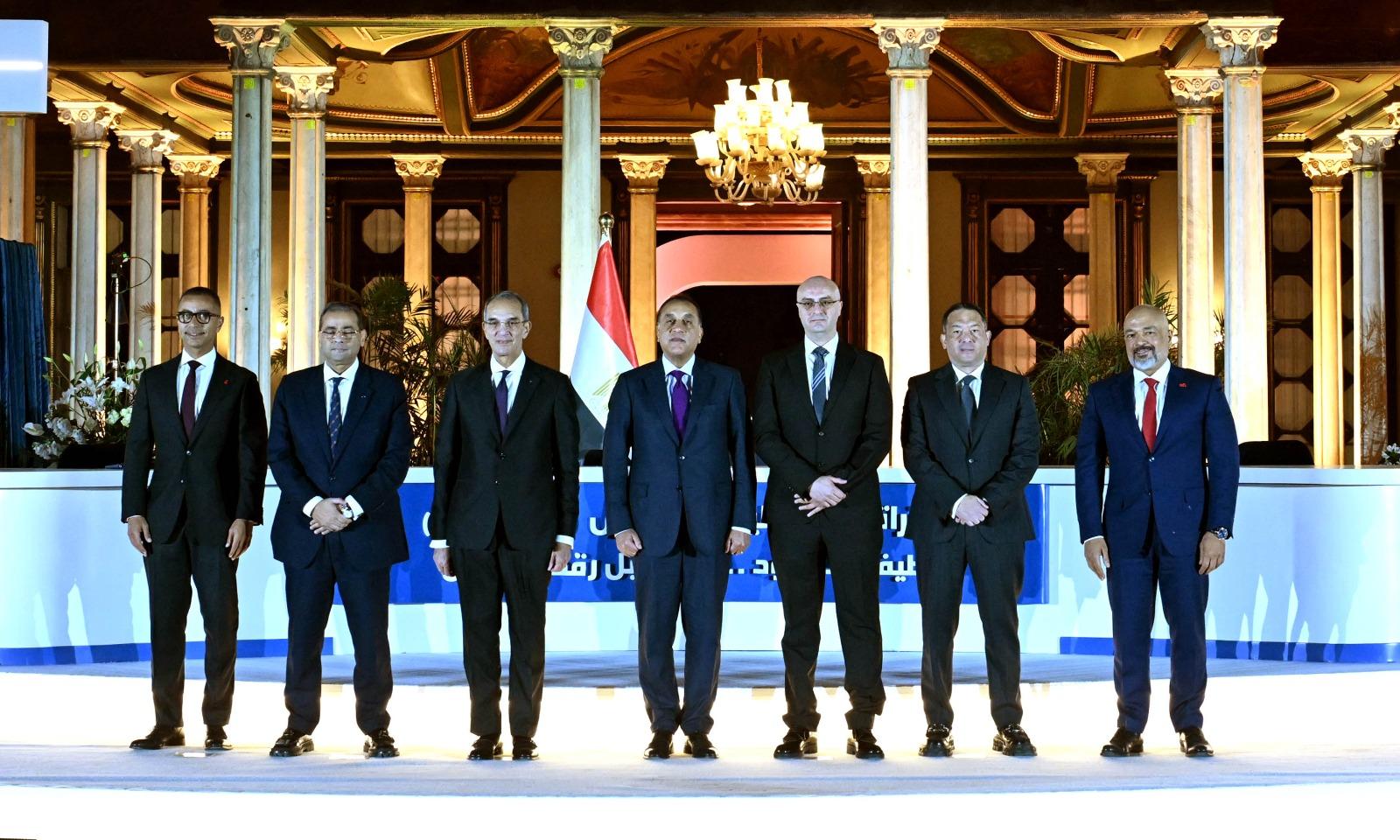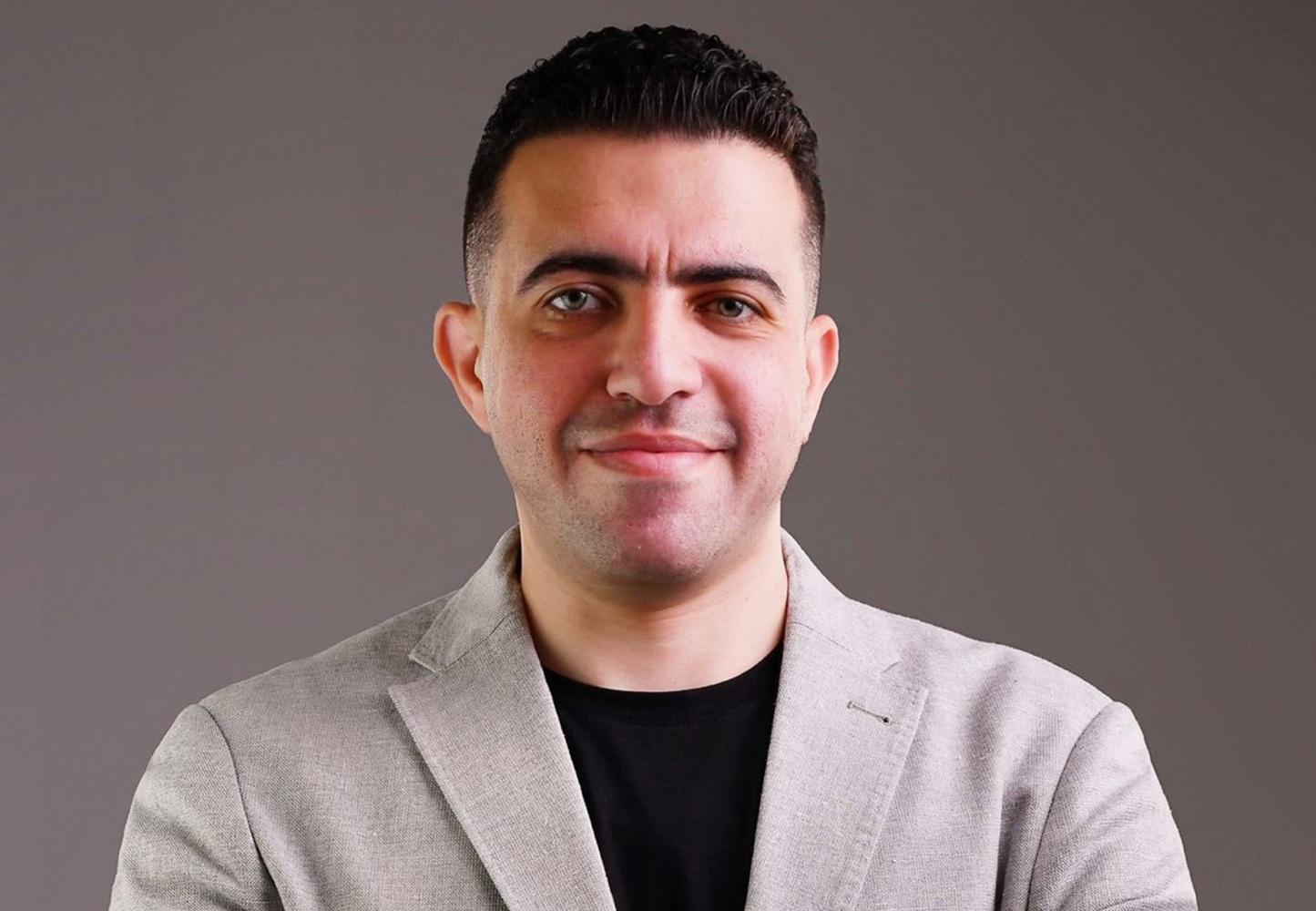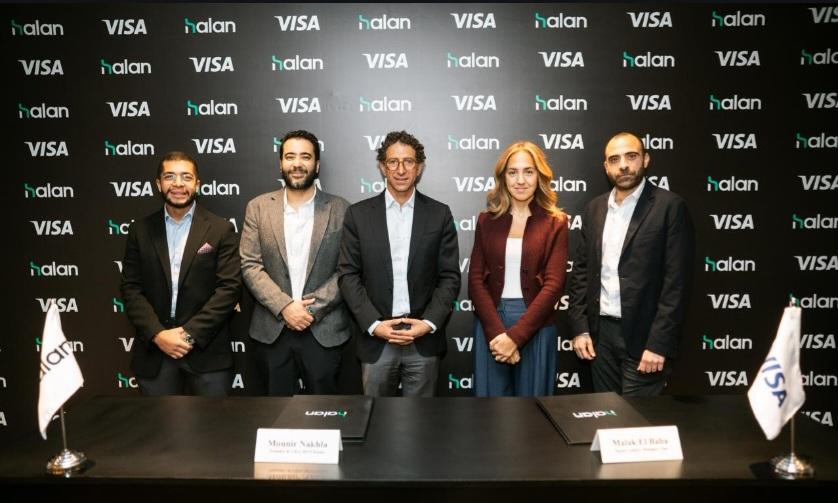ioNTeNA-based vaccine for Malaria prevention and the implementation of sustainable solutions for vaccine supply on the African continent • BioNTech is evaluating end-to-end mRNA vaccine production capacities in Africa; will co-locate with the WHO technology transfer hubs, in alignment with Africa CDC’s manufacturing strategy • Programme to eradicate Malaria initiated by eradicateMalaria, a platform run by kENUP Foundation in close cooperation with WHO, supported by the European Commission, the European Investment Bank (EIB) and the Bill & Melinda Gates Foundation
By ; Bakinam Khaled
KALKARA, Today, BioNTech SE (“BioNTech”) announced the start of its Malaria project which aims at the development of a safe and highly effective malaria vaccine and the implementation of sustainable vaccine supply solutions on the African continent. The company’s project is part of a programme by the kENUP Foundation to accelerating the eradication of Malaria. This goal was out of reach so far, despite enormous financial and public health efforts of the global community. The scientific and entrepreneurial progress made during the COVID-19 pandemic raise hopes that a highly efficacious vaccine could soon help to eradicate Malaria. BioNTech aims to develop a safe and highly effective mRNA vaccine with durable protective immunity for prevention of malaria and disease associated mortality. To this end, BioNTech will assess multiple vaccine candidates featuring known Malaria targets such as the circumsporozoite protein (CSP), as well as new antigens discovered in the pre-clinical research phase. The most promising mRNA vaccine candidates will be selected for clinical development. The start of the clinical trial for the first vaccine candidate is planned for 2022. manufacturing in Africa In addition, BioNTech is dedicated to the development of sustainable vaccine production and supply solutions on the African continent. BioNTech plans to co-locate its African manufacturing capabilities with the technology transfer hubs under development by WHO, in alignment with the African manufacturing strategy convened and promoted by the Africa CDC. Those initiatives aim at expanding the capacity of low- and middle-income countries (LMICs) to manufacture contemporary vaccines end-to-end, and scale up production to increase global access to these critical tools to bring current and future pandemics under control. Initiated by the kENUP Foundation’s eradicateMalaria initiative, under the joint convening power of WHO and the Africa CDC, and supporting Team Europe’s Sustainable Healthcare Industry for Resilience in Africa (SHIRA) initiative, BioNTech will evaluate how to establish sustainable mRNA manufacturing capabilities on the African continent to supply African countries with vaccines. This project is an extension of BioNTech’s COVID-19 vaccine efforts. Building on two decades of mRNA research and its clinical stage mRNA platform, BioNTech has co-developed the first mRNA-based COVID-19 vaccine together with its partner Pfizer. BioNTech and Pfizer pledged to deliver two billion doses of their COVID-19 vaccine to middle- and low-income countries over the next 18 months. One billion doses are planned to be provided in 2021. Doses to eligible countries will be provided at a not-for-profit price. On July 21, BioNTech and Pfizer announced a joint manufacturing project with the Biovac Institute (Pty) Ltd a Cape Town-based, South African biopharmaceutical company, to fill & finish the Pfizer-BioNTech COVID-19 vaccine for distribution within the African Union, with additional investments in upstream manufacturing to follow from BioNTech in due time. Established mRNA vaccine manufacturing capacities in low and lower middle income countries could be used for the production of various mRNA-based vaccines, once they have been successfully developed and approved. This approach would ensure long-term, sustainable operation of newly established mRNA manufacturing capacities. financing BioNTech’s work on Malaria and end-to-end vaccine manufacturing in Africa will initially be fully funded by the company from internal resources. The company warmly welcomes the announcements of the European Commission, and the EIB to co-finance the product development once the vaccine candidate enters late-stage clinical development in Africa, and to co-finance the African-based infrastructure and auxiliary services to be built by third parties in parallel to BioNTech setting up end-to-end manufacturing capacities on the continent. Currently, only a first-generation malaria vaccine with moderate efficacy and a very limited number of further candidates are in the pipeline. Against this trend and for the first time in 30 years, an established vaccine developer using an innovative mRNA platform, will initiate a dedicated and ambitious malaria vaccine program. BioNTech’s contribution aims for a world free of malaria - the eradication of a disease that represents a historical scourge of mankind and trapped populations in a vicious cycle of disease and poverty. With the advancement of the BioNTech Malaria Vaccine candidate on a proven technology platform, the EU Malaria Fund has successfully accomplished its mission earlier than expected. Therefore, on June 30, its investment period has ended. With final disbursements occurring until September 30, 2021, the Fund has successfully initiated more than two dozen novel scientific approaches to the fight against Malaria and financed several innovative companies under this scheme. eradicateMalaria The initiative eradicateMalaria is managed by kENUP Foundation, a non-profit public benefit foundation supporting research-based innovation in the wider health industries for societal benefit. It aims to initiate innovations against malaria. Following the guidance of WHO and the eradicateMalaria Scientific Advisory Board, further projects by various companies may be considered under the eradicateMalaria scheme. The European Union is committed to the fight against malaria and to support African vaccine manufacturing. The European Investment Bank (EIB) is considering substantive, long term loans to these projects brought forward by eradicateMalaria. In addition, the projects might benefit from considerable contingency support to be offered by donors and impact investors to reduce repayment obligation risks in case of product development failure. The EIB has been an early supporter of BioNTech, having provided the company with up to €150 million in two debt financings, in 2019 for immune-oncology programmes and in 2020 for COVID-19 vaccine development and manufacturing. Since 2019, BioNTech has been collaborating with the Bill & Melinda Gates Foundation to develop Human Immunodeficiency Virus (HIV) and tuberculosis programs and provide an affordable access to the vaccine candidates to low- and middle-income countries. The Gates Foundation will support BioNTech in the development of the new mRNA malaria vaccine by enabling access to their grantee network and Collaboratory platforms to accelerate research and evaluation of the vaccine. Collaboration with the African Union and the Africa CDC under the Partnership for African Vaccine Manufacturing programme will ensure that the enabling factors such as regulatory alignment and policy transfer, as well as country coordination are in place to get the vaccines from factories into the arms of African citizens, and beyond. acknowledgements Uğur Şahin, CEO and Co-founder of BioNTech, said: “As we are committed to reduce the suffering of people worldwide, we feel a duty to utilize our technology to develop and manufacture mRNA-based vaccines addressing this life-threatening disease such as Malaria. We want to develop sustainable solutions for and together with the people of Africa. The set-up of infrastructures could help to address various diseases using this disruptive technology. Building on our mRNA technology and the competencies gained from the pandemic, our efforts will include substantial investments in vaccine development as well as transferring manufacturing expertise to sites on the African continent.” Tedros Adhanom Ghebreyesus, World Health Organization Director-General, added: “The inequitable global access to life-saving tools during the COVID-19 pandemic has demonstrated the vital importance of scaling and diversifying R&D and manufacturing capacity in regions and countries. This is why WHO established the mRNA manufacturing hub process. Vaccines save lives but for too long, vaccine development has not been prioritized by the private sector. WHO welcomes this new initiative and looks forward to supporting African countries as they develop, trial and produce vaccines against deadly infectious diseases like Malaria.” Matshidiso Moeti, WHO Regional Director for Africa: “This mRNA-based malaria vaccine initiative is a huge opportunity for addressing one of Africa’s biggest health problems with support from global partners. It not only brings cutting edge technology to the continent, it also puts Africans in the driving seat. This could transform the health landscape. We are excited about a potential vaccine to prevent Africa’s over 215 million malaria cases each year and around 400,000 malaria deaths. Behind every number is a mother, brother or daughter – lives lost often before they could reach their full potential.” John N. Nkengasong, Director of the Africa Centres for Disease Control and Prevention: “This initiative demonstrates the approach of the Africa CDC lead Partnership for African Vaccine Manufacturing to collaborate with global partners to build a vaccine manufacturing on the Africa continent. This approach ensures that African expertise and resources are part of the development of the solutions for Africa’s public health needs.” Ursula von der Leyen, President of the European Commission: “We are witnessing the start of a revolution in medical science - the revolution of messenger RNA technology, pioneered by BioNTech and others. Thanks to this, billions of doses of a COVID-19 vaccine are being produced for Europe and the world. And the mRNA technology can be a game-changer in the fight against other diseases too. Including malaria. Eradicating malaria is a realistic goal and now we know that it could be achieved already in this generation. The European Commission is supporting the global effort to develop mRNA vaccines against malaria. This initiative is also a part of the broader engagement by the EU for health in Africa and the Developing World. If we succeed, we will not only be better equipped for the next pandemic. We also invest into an African continent finally free from malaria.” Werner Hoyer, President of the European Investment Bank: “Malaria is a tricky disease to vaccinate against. Still, finding an efficient vaccine is the only way to eradicate one of the biggest causes of death in children. mRNA technology has proven a game changer in the fight against COVID-19, and the EIB has confirmed its support for this innovative approach with two loans to BioNTech in 2019 and 2020. If mRNA can revolutionize malaria vaccine development as well, the EU bank would be proud to support this mission.” Mariya Gabriel, EU Commissioner for Innovation, Research, Culture, Education and Youth: “For decades, the European Union’s research and innovation programmes along with its financial instruments have provided the framework and financing to contribute to the global research agenda for malaria, and we are committed to continuing these efforts. Solving the global threats of malaria requires breakthrough discoveries, the efforts of our brightest minds, and also the joint actions of policymakers and investors. Today, I am very pleased to embark on a new venture with our global partners with the aim of bringing an mRNA-based vaccine against malaria from the idea to the patient to address and eradicate the disease once and for all.” Jutta Urpilainen, EU Commissioner for International Partnerships: “I warmly welcome the ground-breaking announcement of BioNTech, that aims to use the mRNA technology in the fight against Malaria, a major disease affecting the African continent. Our Team Europe initiative on enhancing vaccine manufacturing and access to medicines and health technologies in Africa will support this important project.” Philip Welkhoff, Director of the Malaria Programme at the Bill & Melinda Gates Foundation: In the last two decades, sustained and increasing investment in innovation has driven significant global progress against malaria demonstrating that with the right tools, investments and political will, eradicating malaria is possible. Today’s announcement brings us another step closer toward achieving that goal and doing everything we can to end the far-reaching impact of this preventable and treatable disease that kills over 400,000 of the world’s poorest and wreaks havoc on families and communities and health systems. The commitment reminds us that if efforts to develop a highly efficacious vaccine are successful, global support to quickly manufacture and deliver this tool to those at greatest risk will be critical. In the meantime, the world must stay committed to increasing access to and scaling up proven life-saving tools, such as diagnostics and effective drugs, and next generation nets that are preventing millions of malaria cases and deaths every day. David Reddy, CEO of Medicines for Malaria Venture (MMV): “Continued innovation in malaria interventions will be an essential factor in the final push to eradication. The new vaccine technologies rolled-out during the COVID-19 pandemic provide a promising opportunity for transformative innovation in malaria”. Holm Keller, Executive Chairman of kENUP Foundation: “We are excited about BioNTech’s announcement, reversing the trend of pharmaceutical companies abandoning malaria R&• BioNTech’s Malaria project aims at the development of the first mRNA-based vaccine for Malaria prevention and the implementation of sustainable solutions for vaccine supply on the African continent • BioNTech is evaluating end-to-end mRNA vaccine production capacities in Africa; will co-locate with the WHO technology transfer hubs, in alignment with Africa CDC’s manufacturing strategy • Programme to eradicate Malaria initiated by eradicateMalaria, a platform run by kENUP Foundation in close cooperation with WHO, supported by the European Commission, the European Investment Bank (EIB) and the Bill & Melinda Gates Foundation KALKARA, Malta--(BUSINESS WIRE/AETOSWire)-- Today, BioNTech SE (“BioNTech”) announced the start of its Malaria project which aims at the development of a safe and highly effective malaria vaccine and the implementation of sustainable vaccine supply solutions on the African continent. The company’s project is part of a programme by the kENUP Foundation to accelerating the eradication of Malaria. This goal was out of reach so far, despite enormous financial and public health efforts of the global community. The scientific and entrepreneurial progress made during the COVID-19 pandemic raise hopes that a highly efficacious vaccine could soon help to eradicate Malaria. BioNTech aims to develop a safe and highly effective mRNA vaccine with durable protective immunity for prevention of malaria and disease associated mortality. To this end, BioNTech will assess multiple vaccine candidates featuring known Malaria targets such as the circumsporozoite protein (CSP), as well as new antigens discovered in the pre-clinical research phase. The most promising mRNA vaccine candidates will be selected for clinical development. The start of the clinical trial for the first vaccine candidate is planned for 2022. manufacturing in Africa In addition, BioNTech is dedicated to the development of sustainable vaccine production and supply solutions on the African continent. BioNTech plans to co-locate its African manufacturing capabilities with the technology transfer hubs under development by WHO, in alignment with the African manufacturing strategy convened and promoted by the Africa CDC. Those initiatives aim at expanding the capacity of low- and middle-income countries (LMICs) to manufacture contemporary vaccines end-to-end, and scale up production to increase global access to these critical tools to bring current and future pandemics under control. Initiated by the kENUP Foundation’s eradicateMalaria initiative, under the joint convening power of WHO and the Africa CDC, and supporting Team Europe’s Sustainable Healthcare Industry for Resilience in Africa (SHIRA) initiative, BioNTech will evaluate how to establish sustainable mRNA manufacturing capabilities on the African continent to supply African countries with vaccines. This project is an extension of BioNTech’s COVID-19 vaccine efforts. Building on two decades of mRNA research and its clinical stage mRNA platform, BioNTech has co-developed the first mRNA-based COVID-19 vaccine together with its partner Pfizer. BioNTech and Pfizer pledged to deliver two billion doses of their COVID-19 vaccine to middle- and low-income countries over the next 18 months. One billion doses are planned to be provided in 2021. Doses to eligible countries will be provided at a not-for-profit price. On July 21, BioNTech and Pfizer announced a joint manufacturing project with the Biovac Institute (Pty) Ltd a Cape Town-based, South African biopharmaceutical company, to fill & finish the Pfizer-BioNTech COVID-19 vaccine for distribution within the African Union, with additional investments in upstream manufacturing to follow from BioNTech in due time. Established mRNA vaccine manufacturing capacities in low and lower middle income countries could be used for the production of various mRNA-based vaccines, once they have been successfully developed and approved. This approach would ensure long-term, sustainable operation of newly established mRNA manufacturing capacities. financing BioNTech’s work on Malaria and end-to-end vaccine manufacturing in Africa will initially be fully funded by the company from internal resources. The company warmly welcomes the announcements of the European Commission, and the EIB to co-finance the product development once the vaccine candidate enters late-stage clinical development in Africa, and to co-finance the African-based infrastructure and auxiliary services to be built by third parties in parallel to BioNTech setting up end-to-end manufacturing capacities on the continent. Currently, only a first-generation malaria vaccine with moderate efficacy and a very limited number of further candidates are in the pipeline. Against this trend and for the first time in 30 years, an established vaccine developer using an innovative mRNA platform, will initiate a dedicated and ambitious malaria vaccine program. BioNTech’s contribution aims for a world free of malaria - the eradication of a disease that represents a historical scourge of mankind and trapped populations in a vicious cycle of disease and poverty. With the advancement of the BioNTech Malaria Vaccine candidate on a proven technology platform, the EU Malaria Fund has successfully accomplished its mission earlier than expected. Therefore, on June 30, its investment period has ended. With final disbursements occurring until September 30, 2021, the Fund has successfully initiated more than two dozen novel scientific approaches to the fight against Malaria and financed several innovative companies under this scheme. eradicateMalaria The initiative eradicateMalaria is managed by kENUP Foundation, a non-profit public benefit foundation supporting research-based innovation in the wider health industries for societal benefit. It aims to initiate innovations against malaria. Following the guidance of WHO and the eradicateMalaria Scientific Advisory Board, further projects by various companies may be considered under the eradicateMalaria scheme. The European Union is committed to the fight against malaria and to support African vaccine manufacturing. The European Investment Bank (EIB) is considering substantive, long term loans to these projects brought forward by eradicateMalaria. In addition, the projects might benefit from considerable contingency support to be offered by donors and impact investors to reduce repayment obligation risks in case of product development failure. The EIB has been an early supporter of BioNTech, having provided the company with up to €150 million in two debt financings, in 2019 for immune-oncology programmes and in 2020 for COVID-19 vaccine development and manufacturing. Since 2019, BioNTech has been collaborating with the Bill & Melinda Gates Foundation to develop Human Immunodeficiency Virus (HIV) and tuberculosis programs and provide an affordable access to the vaccine candidates to low- and middle-income countries. The Gates Foundation will support BioNTech in the development of the new mRNA malaria vaccine by enabling access to their grantee network and Collaboratory platforms to accelerate research and evaluation of the vaccine. Collaboration with the African Union and the Africa CDC under the Partnership for African Vaccine Manufacturing programme will ensure that the enabling factors such as regulatory alignment and policy transfer, as well as country coordination are in place to get the vaccines from factories into the arms of African citizens, and beyond. acknowledgements Uğur Şahin, CEO and Co-founder of BioNTech, said: “As we are committed to reduce the suffering of people worldwide, we feel a duty to utilize our technology to develop and manufacture mRNA-based vaccines addressing this life-threatening disease such as Malaria. We want to develop sustainable solutions for and together with the people of Africa. The set-up of infrastructures could help to address various diseases using this disruptive technology. Building on our mRNA technology and the competencies gained from the pandemic, our efforts will include substantial investments in vaccine development as well as transferring manufacturing expertise to sites on the African continent.” Tedros Adhanom Ghebreyesus, World Health Organization Director-General, added: “The inequitable global access to life-saving tools during the COVID-19 pandemic has demonstrated the vital importance of scaling and diversifying R&D and manufacturing capacity in regions and countries. This is why WHO established the mRNA manufacturing hub process. Vaccines save lives but for too long, vaccine development has not been prioritized by the private sector. WHO welcomes this new initiative and looks forward to supporting African countries as they develop, trial and produce vaccines against deadly infectious diseases like Malaria.” Matshidiso Moeti, WHO Regional Director for Africa: “This mRNA-based malaria vaccine initiative is a huge opportunity for addressing one of Africa’s biggest health problems with support from global partners. It not only brings cutting edge technology to the continent, it also puts Africans in the driving seat. This could transform the health landscape. We are excited about a potential vaccine to prevent Africa’s over 215 million malaria cases each year and around 400,000 malaria deaths. Behind every number is a mother, brother or daughter – lives lost often before they could reach their full potential.” John N. Nkengasong, Director of the Africa Centres for Disease Control and Prevention: “This initiative demonstrates the approach of the Africa CDC lead Partnership for African Vaccine Manufacturing to collaborate with global partners to build a vaccine manufacturing on the Africa continent. This approach ensures that African expertise and resources are part of the development of the solutions for Africa’s public health needs.” Ursula von der Leyen, President of the European Commission: “We are witnessing the start of a revolution in medical science - the revolution of messenger RNA technology, pioneered by BioNTech and others. Thanks to this, billions of doses of a COVID-19 vaccine are being produced for Europe and the world. And the mRNA technology can be a game-changer in the fight against other diseases too. Including malaria. Eradicating malaria is a realistic goal and now we know that it could be achieved already in this generation. The European Commission is supporting the global effort to develop mRNA vaccines against malaria. This initiative is also a part of the broader engagement by the EU for health in Africa and the Developing World. If we succeed, we will not only be better equipped for the next pandemic. We also invest into an African continent finally free from malaria.” Werner Hoyer, President of the European Investment Bank: “Malaria is a tricky disease to vaccinate against. Still, finding an efficient vaccine is the only way to eradicate one of the biggest causes of death in children. mRNA technology has proven a game changer in the fight against COVID-19, and the EIB has confirmed its support for this innovative approach with two loans to BioNTech in 2019 and 2020. If mRNA can revolutionize malaria vaccine development as well, the EU bank would be proud to support this mission.” Mariya Gabriel, EU Commissioner for Innovation, Research, Culture, Education and Youth: “For decades, the European Union’s research and innovation programmes along with its financial instruments have provided the framework and financing to contribute to the global research agenda for malaria, and we are committed to continuing these efforts. Solving the global threats of malaria requires breakthrough discoveries, the efforts of our brightest minds, and also the joint actions of policymakers and investors. Today, I am very pleased to embark on a new venture with our global partners with the aim of bringing an mRNA-based vaccine against malaria from the idea to the patient to address and eradicate the disease once and for all.” Jutta Urpilainen, EU Commissioner for International Partnerships: “I warmly welcome the ground-breaking announcement of BioNTech, that aims to use the mRNA technology in the fight against Malaria, a major disease affecting the African continent. Our Team Europe initiative on enhancing vaccine manufacturing and access to medicines and health technologies in Africa will support this important project.” Philip Welkhoff, Director of the Malaria Programme at the Bill & Melinda Gates Foundation: In the last two decades, sustained and increasing investment in innovation has driven significant global progress against malaria demonstrating that with the right tools, investments and political will, eradicating malaria is possible. Today’s announcement brings us another step closer toward achieving that goal and doing everything we can to end the far-reaching impact of this preventable and treatable disease that kills over 400,000 of the world’s poorest and wreaks havoc on families and communities and health systems. The commitment reminds us that if efforts to develop a highly efficacious vaccine are successful, global support to quickly manufacture and deliver this tool to those at greatest risk will be critical. In the meantime, the world must stay committed to increasing access to and scaling up proven life-saving tools, such as diagnostics and effective drugs, and next generation nets that are preventing millions of malaria cases and deaths every day. David Reddy, CEO of Medicines for Malaria Venture (MMV): “Continued innovation in malaria interventions will be an essential factor in the final push to eradication. The new vaccine technologies rolled-out during the COVID-19 pandemic provide a promising opportunity for transformative innovation in malaria”. Holm Keller, Executive Chairman of kENUP Foundation: “We are excited about BioNTech’s announcement, reversing the trend of pharmaceutical companies abandoning malaria R&D. We are grateful for the commitment of all partners involved and hope this cooperation will decisively contribute to fight infectious diseases endemic in Africa and to build up the ability to produce those important vaccines directly on the continent.” . We are grateful for the commitment of all partners involved and hope this cooperation will decisively contribute to fight infectious diseases endemic in Africa and to build up the ability to produce those important vaccines directly on the continent.”
